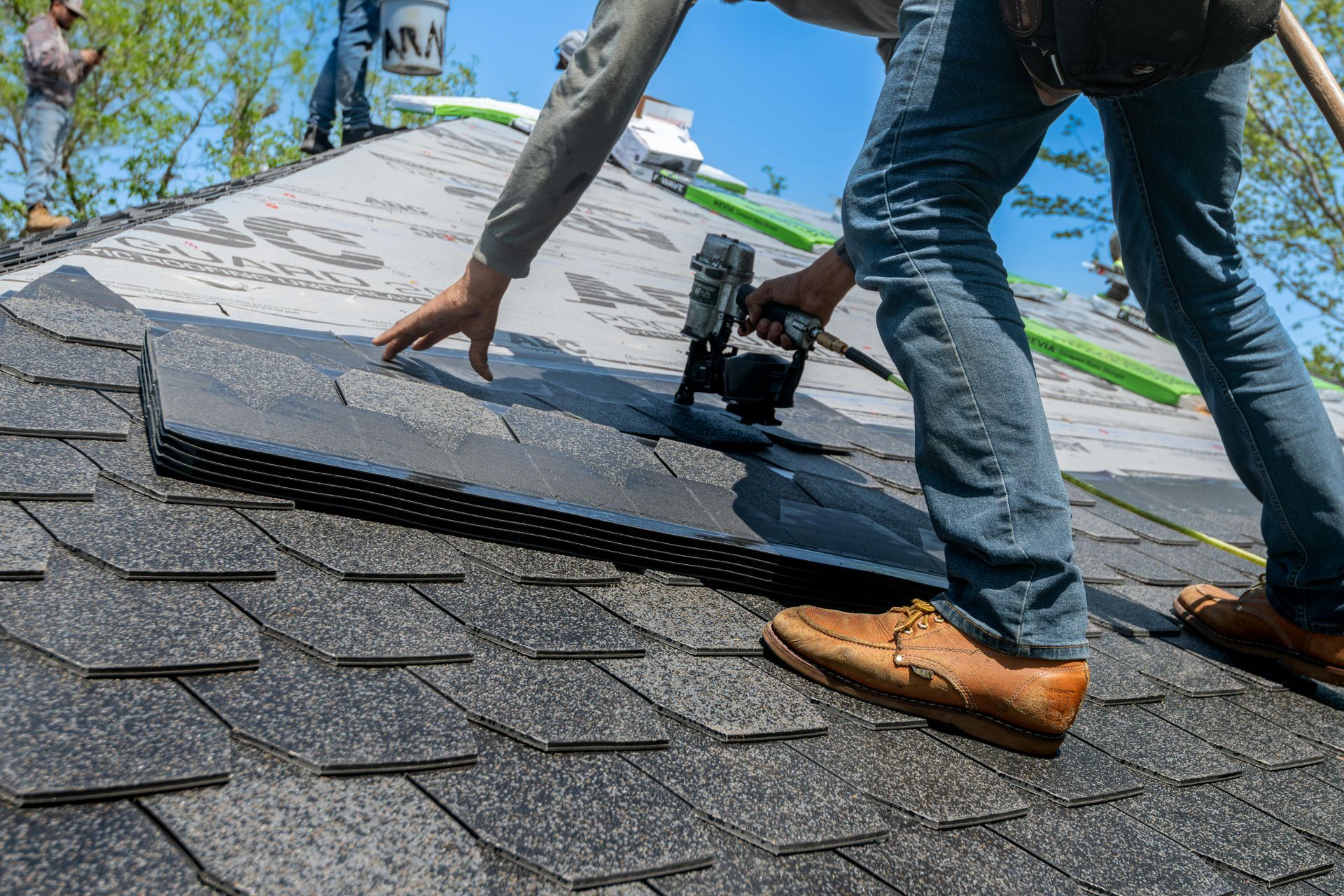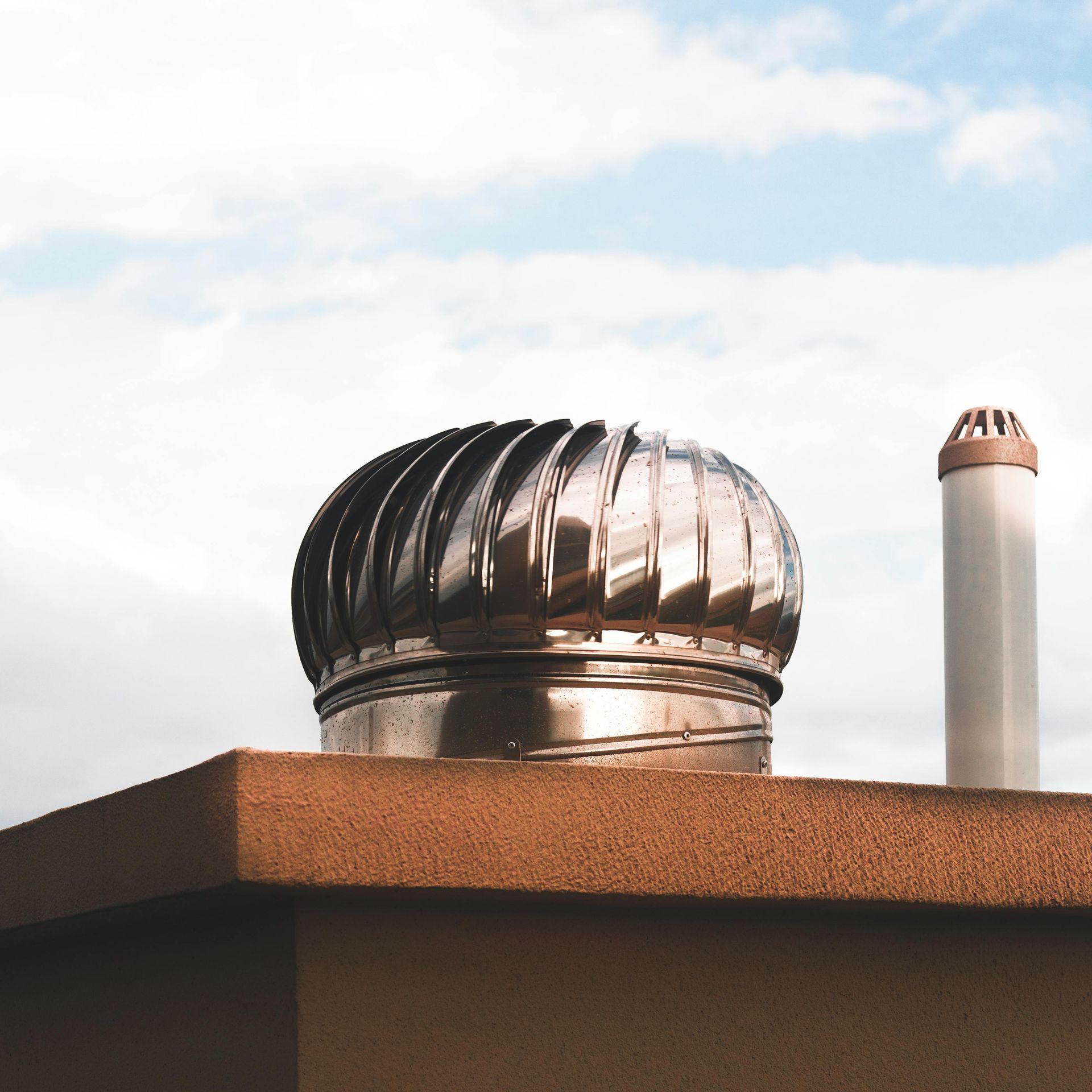10 Critical Questions Every Homeowner Should Ask Their Roofer
10 Critical Questions Every Homeowner Should Ask Their Roofer
As a homeowner, choosing the right roofer is a crucial decision that can impact your home's safety, value, and longevity. While many sources provide basic questions to ask, this article delves deeper, offering insights that most websites overlook. Here are ten essential questions to ask your potential roofer, along with statistics and expert information to help you make an informed decision.
1. What is your insurance coverage, and can you provide proof?
While it's common to ask about insurance, many homeowners don't realize the importance of verifying coverage limits. According to the National Roofing Contractors Association (NRCA), a roofer should have at least $1 million in general liability coverage. Ask for a certificate of insurance and call the insurance company to verify the policy is current.
2. How do you handle unexpected structural issues?
A study by the International Association of Certified Home Inspectors found that 39% of homes inspected had some form of structural damage. Ask your roofer about their process for identifying and addressing unexpected issues during the project.
3. What is your waste management and recycling plan?
The Construction & Demolition Recycling Association reports that roofing waste accounts for up to 5% of total landfill waste in the U.S. Inquire about the contractor's commitment to sustainable practices and their plan for recycling or properly disposing of old roofing materials.
4. How will you protect my landscaping during the project?
According to a survey by the National Association of Realtors, landscaping can add up to 20% to a home's value. Ask about specific measures the roofer will take to protect your plants, trees, and lawn during the roofing process.
5. What is your protocol for unexpected weather during the project?
The National Storm Damage Center reports that weather-related incidents cause billions in property damage annually. Inquire about the roofer's plan for protecting your home if unexpected weather occurs mid-project.
6. Can you provide references from projects completed more than five years ago?
While recent references are important, long-term performance is crucial. The National Roofing Contractors Association recommends asking for references from projects completed several years ago to assess the durability of the roofer's work.
7. What is your policy on callbacks and post-installation issues?
According to a study by the Better Business Bureau, roofing complaints are among the top 100 most common consumer issues. Ask about the contractor's process for addressing post-installation problems and their track record of resolving customer concerns.
8. How do you ensure proper attic ventilation?
The U.S. Department of Energy states that proper attic ventilation can reduce cooling costs by up to 15%. Ask your roofer about their approach to assessing and improving attic ventilation during the roofing process.
9. What advanced technologies or techniques do you use in your roofing process?
The roofing industry is evolving with new technologies. A report by Grand View Research predicts the global roofing market will reach $151.3 billion by 2028, driven partly by technological advancements. Ask about any cutting-edge methods or materials the roofer uses to improve efficiency or durability.
10. How do you handle permitting and local building code compliance?
A survey by the National Association of Home Builders found that regulatory costs account for nearly 25% of the final price of a new single-family home. Inquire about the roofer's familiarity with local building codes and their process for obtaining necessary permits.
Conclusion:
Asking these detailed questions will help you gauge the professionalism, expertise, and reliability of your potential roofer. Remember, a reputable contractor will be happy to provide thorough answers and documentation.
At Graduate Contracting, we understand the importance of transparency and expertise in roofing projects. Our team is prepared to answer these questions and more, ensuring that homeowners have all the information they need to make confident decisions about their roofing needs.
By asking these critical questions and working with experienced professionals, you can ensure that your roofing project is completed safely, efficiently, and to the highest standards, protecting your home and investment for years to come.


